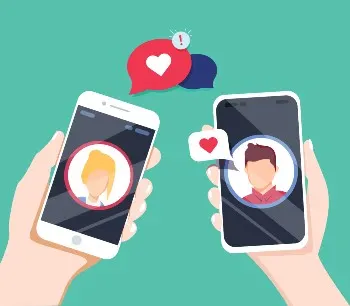Look smarter, be smarter
Apple and other companies work on developing wearable tech after Google fails
“Smart” glasses have been an awe-inspiring invention among pop culture fans for decades now. Gadgets such as Iron Man’s E.D.I.T.H glasses are inventions the average viewer sees as far from reality. But truth is smart glasses are already available on today’s market, in a variety of brands and interpretations. While big brands like Google have tried and failed in the past at making consumer smart glasses, new technology advancements are leading to more promising success.
Smart glasses caught the public’s eye back in May of 2014, when Google released the Google Glass. However, the Glass quickly failed. Glass failed to gain popularity with consumers, mostly due to ineffective advertising, and it’s unattractive design. But the Glass’s failure doesn’t define the boom that came from its concept.
Smart glasses today resemble any old pair of prescription of casual eyeglasses. Since Google, companies such as VUE, North, Amazon, and maybe Apple soon, have all been at work making modern smart (and AR) glasses that show off technology leagues better than Google Glass could ever achieve.
Smart glasses take on two main forms of design as well: Smart glasses, and AR glasses. While smartglasses can provide the user with useful heads-up-display information, AR glasses can sense the world around you, and interact with it to change the users perception of said area. They’re used a lot by engineers and developers to help visualize their projects. AR glasses are very similar to Virtual Reality (VR), in the sense that it can manipulate the world around you. Some VR companies have already begun integrating AR technology into their products.
The appeal behind smart glasses is the idea of having a range of tools available right into your line of view. These smart glasses boast many of the same features capable and compatible with our smartphones, such as activity trackers, music, hands free calling and messaging, navigation, weather, news, and notifications. Most retailers offer prescription, blue light, and other additional options as well for their glasses.
Apple’s rumored glasses are expected to be AR glasses. While the details are limited and scarce, as it’s only a rumor as of current, it’s likely that Apple will release the glasses in 2023. And as it stands now, AR glasses are pretty unwieldy inventions. There as big, if not bigger than most VR headsets, making them hard to use in everyday life. But Apple has a great track record of revolutionizing new technology, and hopefully the rumored glasses will be no exception, making Apple a hot topic to follow in the world of smart glasses. It’s expected to be a sleek design, without compromising features. But while the release is expected to be early 2023, that’s only a speculated rumor as of now, and is very susceptible to change.
However all new technology come with their cons as well. As of now, many (but not all) AR or smart glasses are pretty bulky, the reason being the amount of tech that has to fit inside such a small, skinny frame. This causes the earpieces of most glasses to be pretty wide and thick, which can lead to an unattractive design. But as tech begins to develop more, companies like North, Amazon, and Vue are finding ways to maintain the sleek design of traditional glasses. Another dealbreaker for most is the price. Most smart glasses have a base price of roughly $500, and can increase all the way past $1000 depending on the brand and necessary modifications.
“They’d be much cooler if they worked well and became more mainstream,” Collin Morgan (11) said. “As it is it’s more of an unavailable technology.”
Another concern, and a huge reason smart glasses have struggled in the past and presently is privacy. Since Google Glass, privacy concerns have been a huge topic. The idea that someone can have a camera that sees everything they see, including other people, has made many uncomfortable. The current laws dealing with recording individuals do not reflect with this kind of technology. This makes it a kind of “gray zone” when it comes to smart glasses like the Google Glass. If smart glasses ever do catch on, it’s likely privacy laws will need to be reevaluated to better fit the concerns raised by smart glasses. “It’s super weird that people can record and take pictures of you without you knowing,” Morgan said.
While these cons are a dealbreaker to most, it’s a great investment for tech lovers, enthusiasts, and frequent glasses users. The world of smart glasses will likely continue to grow into the next big tech upgrade of today’s society.

Born December 22, 2001
Snowboarder, pianist (kinda), aspiring mechanical engineer
Berserker Class







